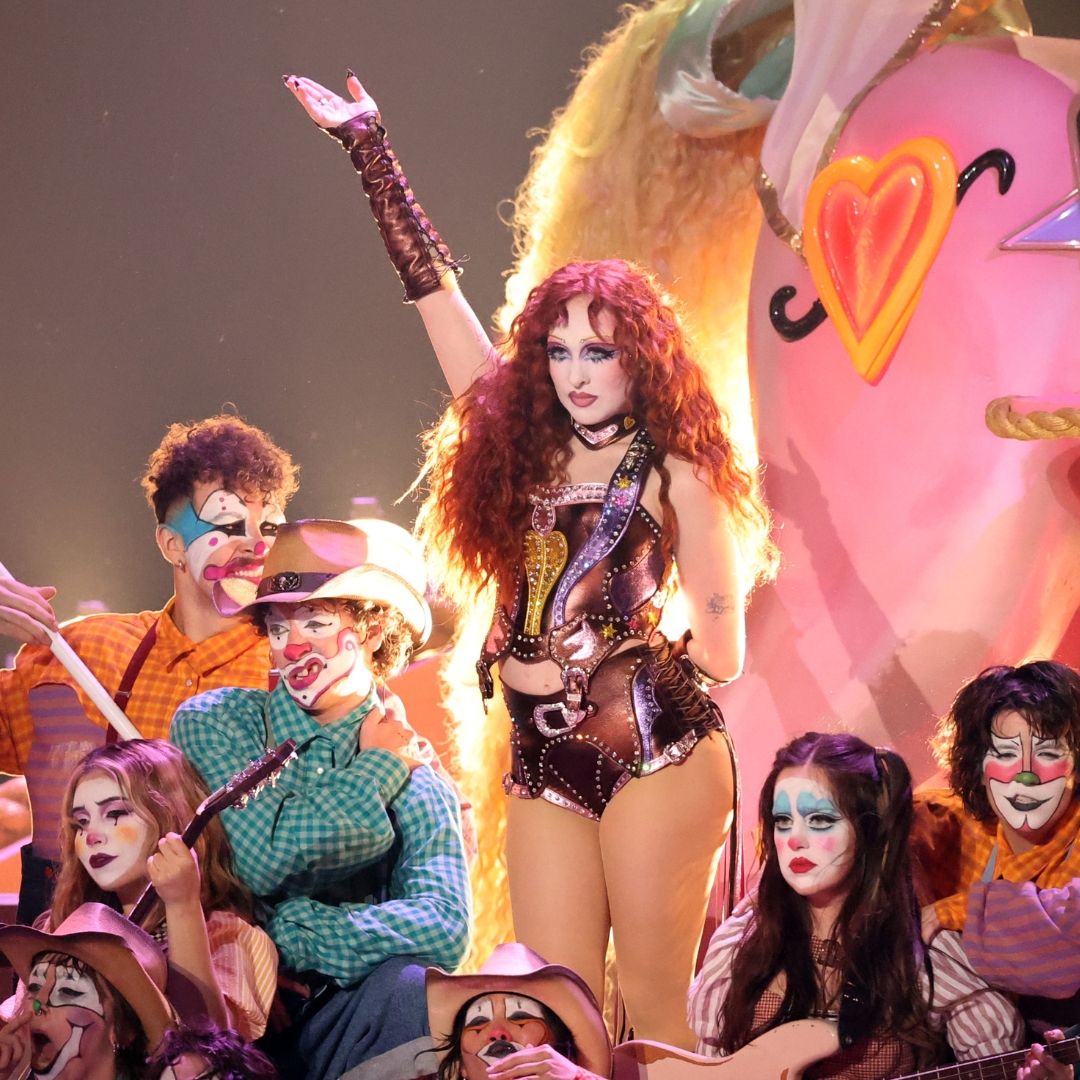In a recent episode of The Lord of the Rings: The Rings of Power, Galadriel is captured by an army of orcs. My heart was in my mouth for approximately 1.2 seconds until I a) realised Galadriel could easily take on a group of orcs and win, and b) I remembered she survives this onslaught because she goes onto live for thousands of years (elvin skincare pops off) and is portrayed by Cate Blanchett in The Lord of the Rings and The Hobbit movie trilogies. And herein lies the problem with prequels – you already know the ending.
Ok, so you may not know *exactly* what it took to get to that ending, but the biggest surprises, deaths, relationship pairings and successes are already out there. It’s why I’m not rushing back to watch the next episode of The Rings of Power, because even though Galadriel’s challenge to escape the orcs will be gripping to watch, I know she survives. With prequels, the real tension and investment moments we’ve come to associate with great television are gone, and all that’s left is recognisable characters and predictable outcomes.

It’s the same with the recent Game of Thrones prequel, House of the Dragon. While there’s a lot to be applauded in the series, there’s ultimately no suspense, because if you listened closely enough to Game of Thrones, you already know what happens – and (spoiler alert) Aegon ends up on the iron throne.
And then there’s the prequel films. From Fantastic Beasts to Wonka to The Ballad of Songbirds & Snakes, these days no big movie franchise is complete until it’s had the precursor treatment. Which, in turn, often brings about the intense frustration of watching the events that lead to pain and suffering in later films, unfold.
Think of some of the best movies you’ve ever watched, and they likely have shocking twists or endings you never saw coming. Like watching Andy finally manage to escape out of the prison in Shawshank Redemption—or the realisation that Teddy is, in fact, a patient on Shutter Island. They’re moments you literally hold your breath over while watching, something which you just don’t get in prequels.
But all being said, prequels are big business, and prevail because studios recognise that using existing IP is always a safer bet than spending millions on creating new worlds or stories. And they often make more sense to create than a sequel, as the story has either been laid out, or at least hinted at in some form, already.

Hardcore fans do (often) respond well to prequels as a chance to delve further into worlds they’re already obsessed with. I for one can’t wait to see Haymitch’s story play out in the adaptation of Sunrise on The Reaping, a Hunger Games spin-off, and finally understand the trauma and pain that led him to be the miserable middle aged guy we all know and love in the original franchise.
Whereas in The Rings of Power, the creation of the rings, in which the entire franchise revolves around, is the main story element in the series, and it’s often just sad and frustrating to watch the plot play out. Why? Well, namely because you know it’s going to take thousands of years (and six movies) for Frodo to throw the ring into the fires of Mount Doom, which all could have been avoided if Celebrimbor just said “see ya” to Halbrand.
And as prequels are often so reliant on the love of fans to see them through multiple movies or seasons, they don’t have the strength to stand alone as stand out entertainment moments in their own rights. The stakes are never high quite enough, because they’re often there to setup the original—and you always know the ending.
Sure, they’re great for existing fandoms, but if they’re going to make a prequel, can the studios at least explore an original angle, so we don’t know the ending before we even dig into the popcorn?

